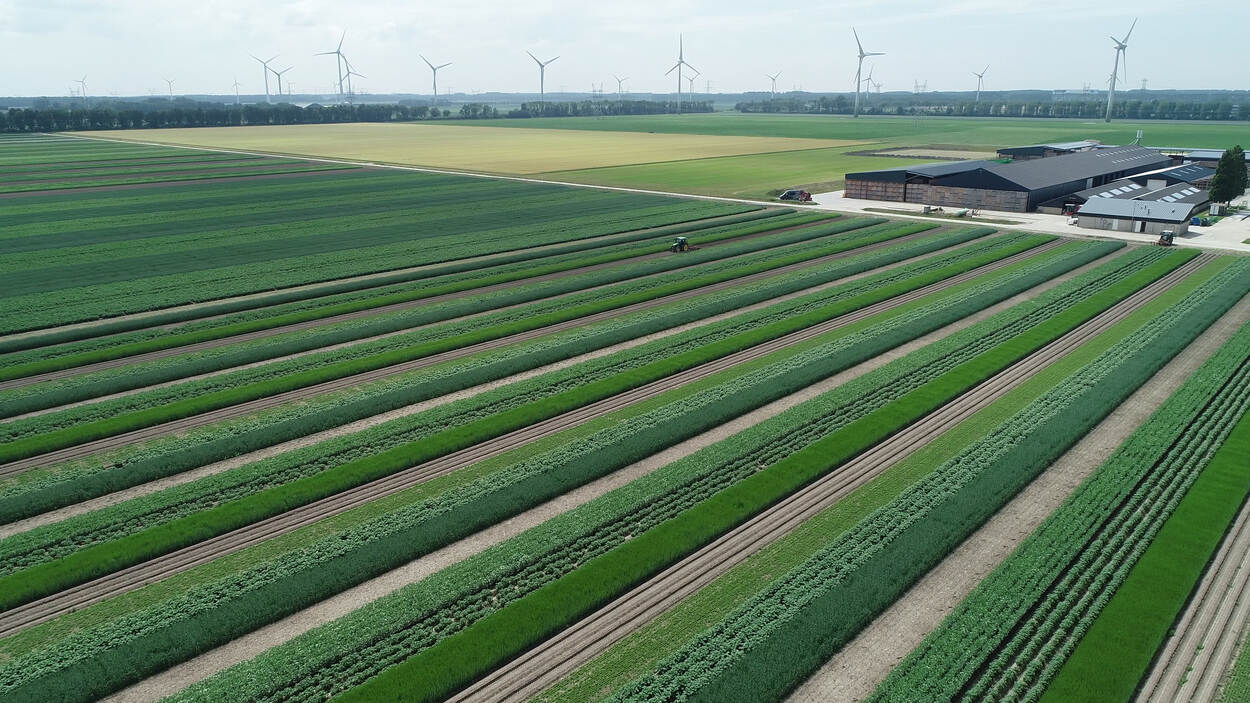Agriculture is the backbone of many African economies, providing livelihoods for millions. However, ensuring that no one is left behind requires deliberate efforts to empower small-scale farmers, women, youth and rural communities. Here are key aspects of inclusive agricultural growth:
Technology adoption
Facilitating access to modern agricultural technologies is paramount to enhancing productivity in African agriculture. Precision farming techniques, climate-smart practices and digital platforms have the potential to revolutionize the sector. These technologies enable farmers to make informed decisions, optimize resource utilization and adapt to changing environmental conditions. Initiatives such as scaling up mobile-based extension services can empower smallholders with valuable knowledge and best practices, bridging the information gap that often limits their productivity. By embracing these technologies and ensuring their widespread adoption, African agriculture can not only boost yields but also improve food security and economic outcomes for millions of small-scale farmers.
Financial Inclusion
Access to financial services is a critical factor for the success of small farmers in Africa. Smallholders need access to credit, savings mechanisms and insurance services to manage risk and invest in their farms. Microfinance institutions, community-based savings groups and innovative financial products tailored to rural contexts can play a pivotal role in promoting financial inclusion. By providing farmers with the means to access capital and protect themselves against unforeseen challenges, these financial mechanisms can empower them to invest in their farms, adopt new technologies and ultimately improve their livelihoods.
Gender equality
Women are central to the success of African agriculture, as they constitute a significant portion of the agricultural workforce. However, gender disparities persist in terms of land rights, access to resources and participation in decision-making processes. Efforts should be directed toward securing land rights for women, enabling them to own and manage land independently. Moreover, promoting female entrepreneurship in agriculture and ensuring equitable access to resources are essential steps toward gender equality. When women are empowered in agriculture, there is a ripple effect that benefits entire communities, leading to increased food production and improved well-being for all.
Youth engagement
Engaging young people in agriculture is vital for ensuring sustainable food production and preventing the aging of the farming population. To attract youth to farming and agribusiness, youth-friendly policies must be developed. Vocational training programs that provide practical skills relevant to modern agriculture can equip young individuals with the knowledge and confidence needed to succeed in the sector. Additionally, mentorship opportunities, where experienced farmers guide and inspire the next generation, can help bridge the generational gap and foster innovation in farming practices. By actively involving young people in agriculture, Africa can secure its food production capacity for the future while providing economic opportunities for its youth.
Climate resilience
Climate change poses significant challenges to African agriculture, with shifting weather patterns and increased climate variability affecting crop yields and livelihoods. Promoting climate-smart practices is essential to building resilience in the agricultural sector. These practices include the cultivation of drought-resistant crop varieties, efficient water management techniques and sustainable soil conservation methods. By adopting such practices, farmers can better withstand the adverse impacts of climate change and ensure consistent food production. Additionally, investing in climate-smart agriculture not only mitigates environmental risks but also contributes to long-term sustainability, safeguarding the livelihoods of millions of smallholder farmers across the continent.
Inclusive agricultural growth is a critical component of sustainable development, particularly in empowering smallholders and vulnerable communities. Smallholder farmers can achieve high levels of productivity and income through improved organization, intensified and sustainable production, and integration into agrifood chains. To this end, the Food and Agriculture Organization of the United Nations (FAO) has developed an approach called Climate-Smart Agriculture (CSA) that helps guide actions to transform agri-food systems towards green and climate-resilient practices.
Email your news TIPS to editor@thesharpdaily.com

















